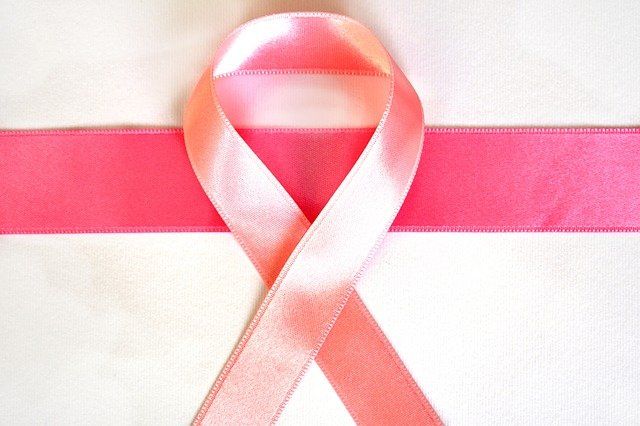Cist and lumps are one of the most common and early signs of breast cancer in both men and women. However, this is not all. In many cases, cancerous cells take the time or don’t form lumps at all and this may delay the diagnosis. Thus, it is quite significant for us to be quite vigilant of any changes in their body, especially the ones with a history of breast cancer or in their family.
To make readers aware of some of the common and most ignored signs of breast cancer, we have compiled a list of initial breast cancer symptoms that often go unnoticed until it’s too late.
Skin changes
One of the most common and initial symptoms of breast cancer is a change in skin colour, texture and thickness of the skin. It is primarily due to inflammation lead by the growth of cancerous cells, which causes a change in the colour of the skin. The skin of your breasts may start appearing scaly around the nipple and areola and it may even appear thick in some parts.
Redness and swelling
Many mistook the redness caused during the early days of breast cancer as normals rash or undergarment friction but it can be more than that. If you find your breast, especially the area around nipples inflammation, reddish or some unusual swelling then immediately see a doctor.
Discharge
Unless, you are a lactating mother, any kind of discharge from the nipple is not normal. In fact, any unusual or yellowish discharge from the breast should worry you in any case. This could be an initial sign of breast cancer.
Breast or nipple pain
If you experience any pain in your breast, especially the nipple area, this must concern you. Most of the time it can be a result of a muscle tear for injury but it is always wise to consult a doctor immediately if any unusual discomfort or pain is there.
Sudden nipple retraction or inversion
Breast cancer can alter cells of your nipples, which may result in inverted or reverse nipples. Readers must note that it is a concern only if it has happened suddenly. This sudden change in the nipples often appear during ovulation and sometimes even during the menstrual cycle. If you notice any such changes consult your doctor.







